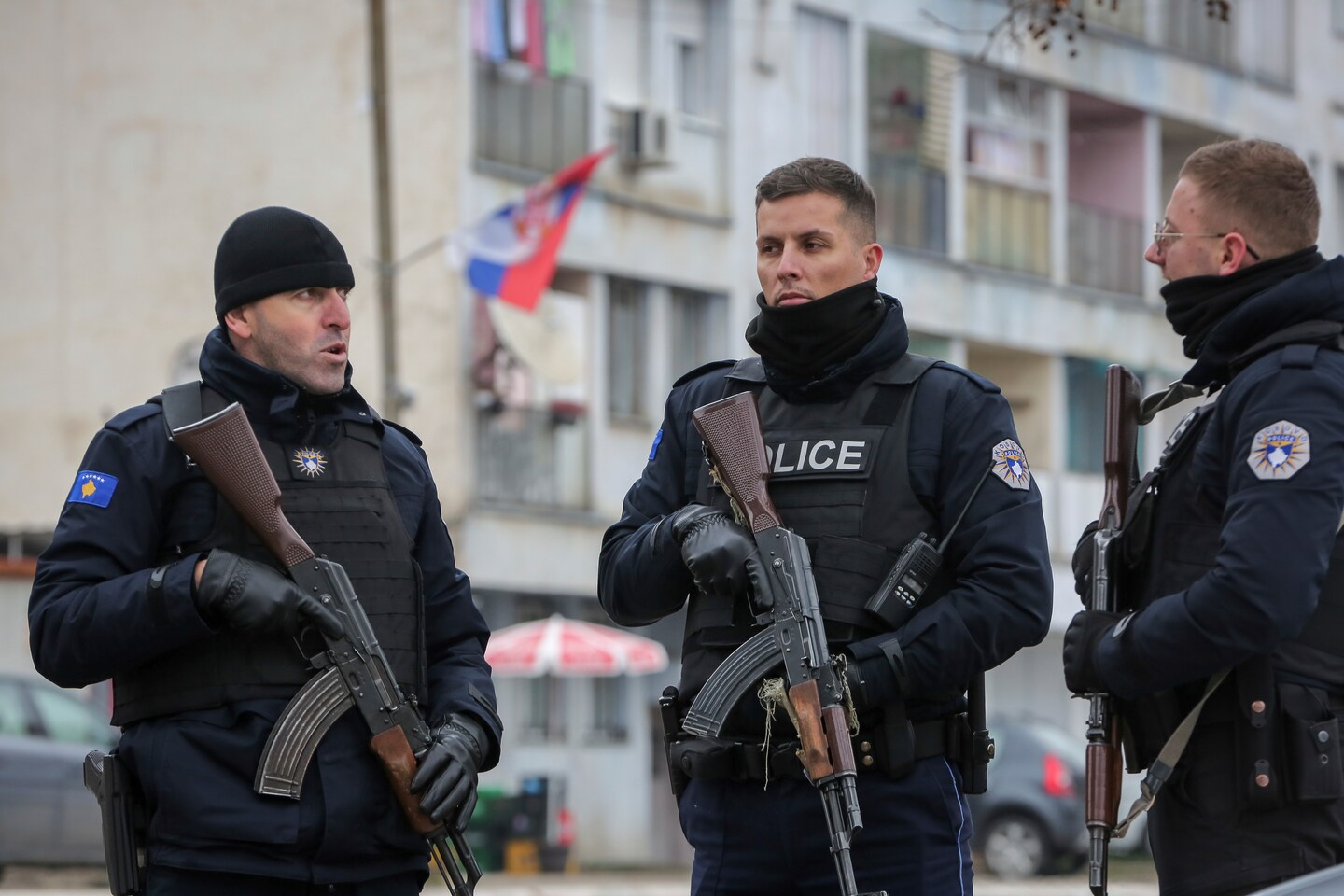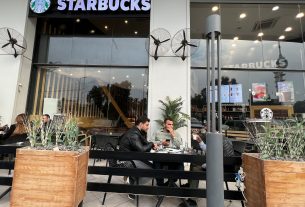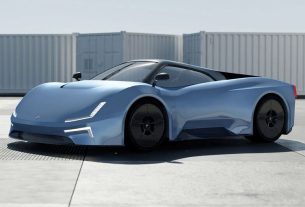“This is the opening of a new chapter,” said Prime Minister Albin Kurti. “Progress will depend on our commitment to deep and transformative reforms that strengthen our democracy and economy.”
The process for Kosovo, the latest country in the Western Balkans to apply to join the 27-member bloc, is likely to be long and hard, not least because of tensions with Serbia.
Kosovo is a mainly ethnic Albanian territory that declared independence from Serbia in 2008. The Serbian government has refused to recognize Kosovo’s statehood and still considers it part of Serbia, even though it has no formal control there.
Serbia reacted with anger to Kosovo’s EU application and officials said they will ask the five EU states which have not recognized Kosovo, plus Hungary, to block the initiative in Brussels. The five are Greece, Spain, Romania, Slovakia and Cyprus.
Expansion of the EU had stalled in recent years. But since Russia attacked Ukraine in late February, EU officials have emphasized that stepping up the bloc’s engagement with nations of the Western Balkans was more crucial than ever to maintaining Europe’s security.
Six nations in the region are at different stages as they seek membership.
Semini reported from Tirana, Albania; Dusan Stojanovic contributed from Belgrade.
Follow Llazar Semini at https://twitter.com/lsemini



